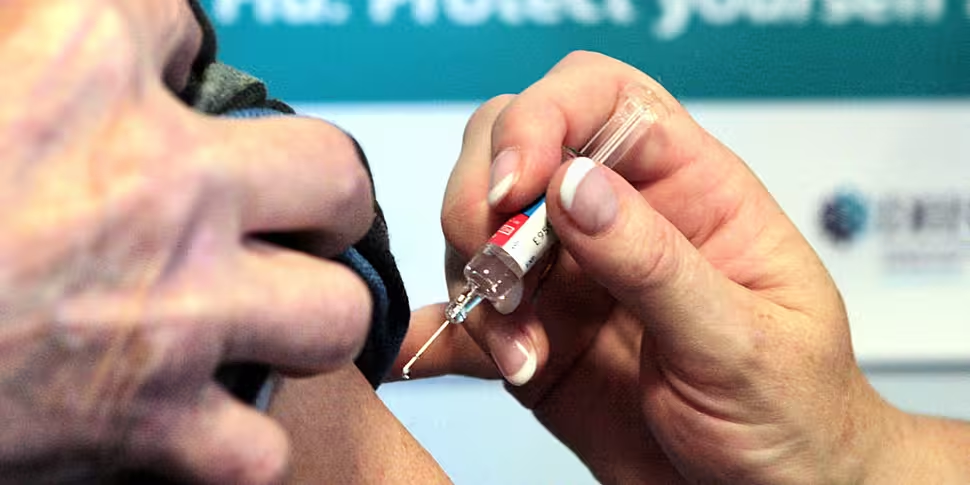The HSE is warning that the flu virus is “now actively circulating” in Ireland.
The health service’s Health Protection Surveillance Centre (HPSC) is calling on members of the public to help prevent the spread of the virus this winter.
Anyone in an at-risk group who has yet to get the vaccine is urged to do so.
Meanwhile, anyone who contracts the virus should stay at home, rest, drink plenty of fluids and use over-the-counter remedies like paracetamol to ease their symptoms.
You should contact your doctor if you are in an at-risk group or if your symptoms are “severe or getting worse.”
If you do need to visit your doctor, it is important to telephone beforehand to explain you have flu symptoms.
During week ending 8 Dec flu activity increased in Ireland & now above baseline levels. #Influenza A(H3N2) is dominant circulating virus to date this season. It's recommended that antivirals be considered for treatment & prophylaxis of flu in atrisk groups https://t.co/jN24PMXcAh pic.twitter.com/VrJMVf2JCb
— HSE Health Protection Surveillance Centre (HPSC) (@hpscireland) December 12, 2019
HPSC director Dr John Cuddihy said: “The symptoms of influenza usually develop over a matter of a few hours and include a high temperature, sore muscles, dry cough, headache and sore throat.”
“This is different from the common cold, which tends to come on more gradually and usually includes a runny nose and a normal temperature.
“The flu vaccine is a safe and effective prevention measure against flu and it is provided free of charge for people in at risk groups.”
Every year #flu causes severe illness and deaths.
Around the world, flu causes between 3 and 5 million cases of severe disease and up to 646, 000 deaths.https://t.co/fXBwkUqYGa #YourBestShot #CNOFluGroup pic.twitter.com/HCvKFN6fms
— HSE National Immunisation Office (@HSEImm) December 12, 2019
At risk groups include:
- Everyone aged 65 years and over
- Pregnant women
- Anyone over six months of age with a long term illness requiring regular medical follow-up such as chronic lung disease, chronic heart disease, diabetes and cancer
- Those with lower immunity due to disease or treatment.
Dr Cuddihy said all healthcare workers should also get the vaccine.
The HSE said there are a number of other ways to stop the spread of flu – including washing your hands, covering your nose when you cough or sneeze and disposing of used tissues in the bin.









